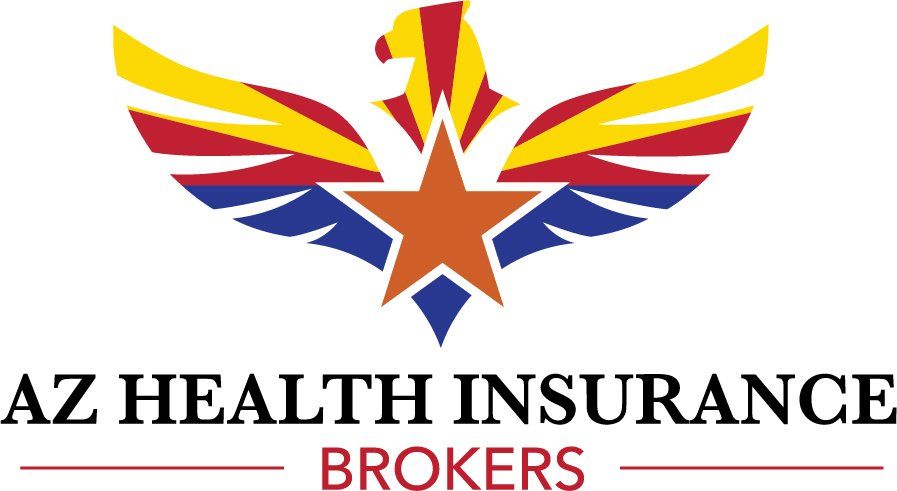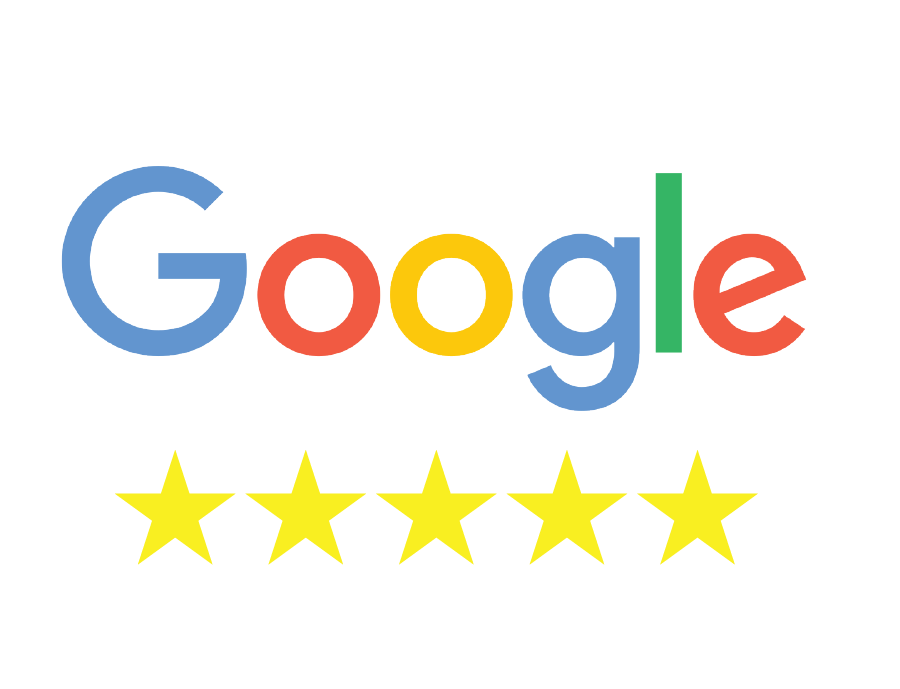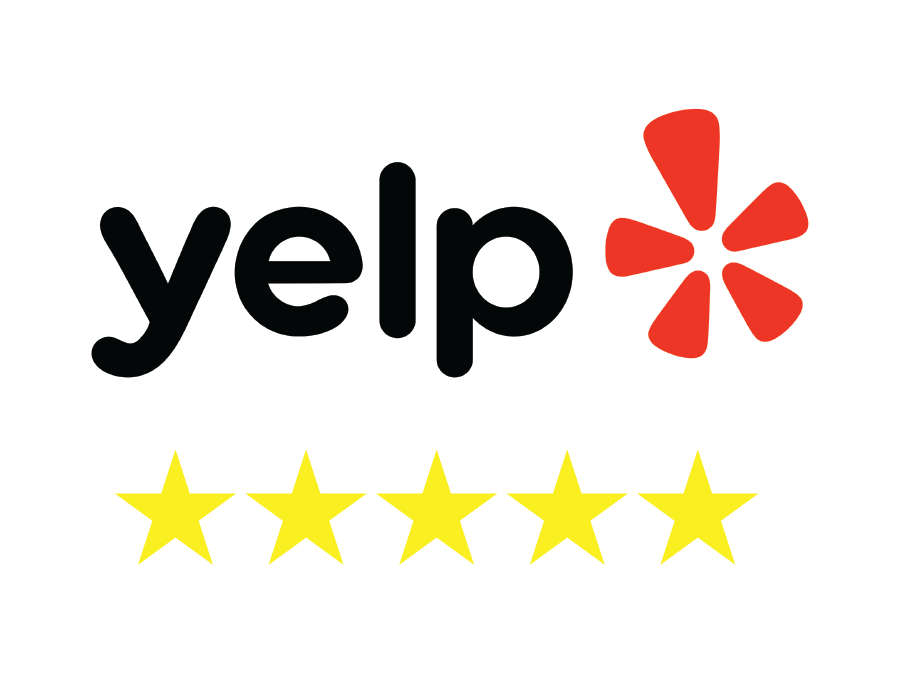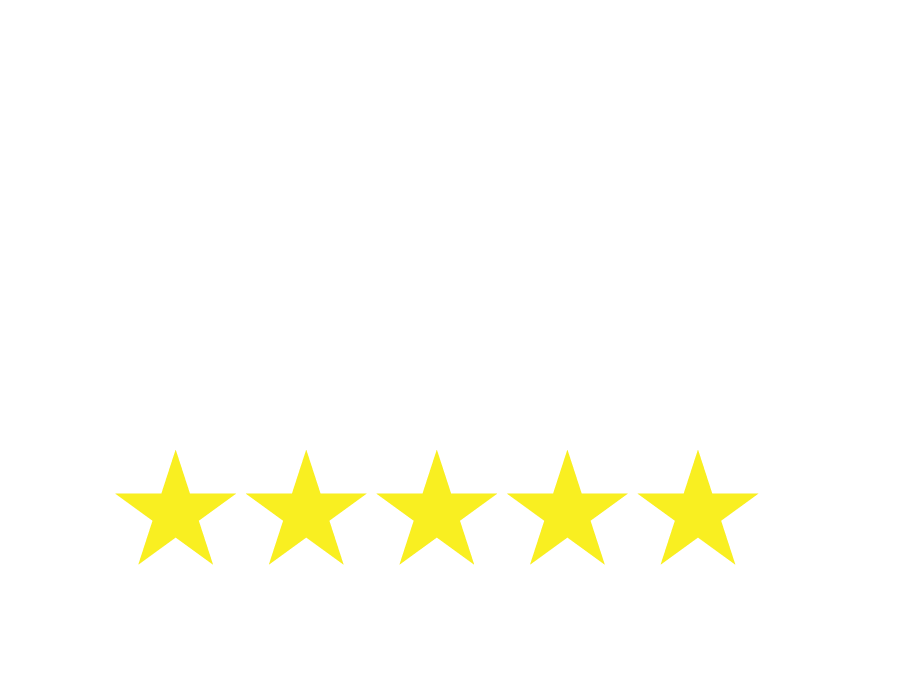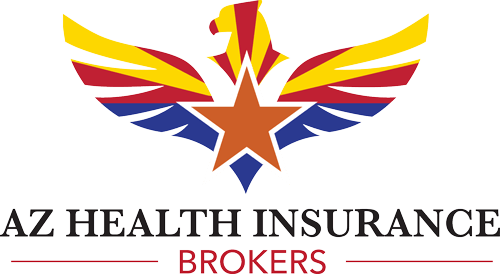Arizona Health Insurance Brokers
We can help you obtain the most appropriate insurance for your situation, wherever you live in Arizona. Call or schedule an appointment with us today to get your free quote and to get the scoop on all of your health and life insurance options.
Get a Health Insurance Quote
As Seen In
Testimonials
AZ Health Insurance Tips
Health Insurance FAQs
Got a question? We’re here to help.
